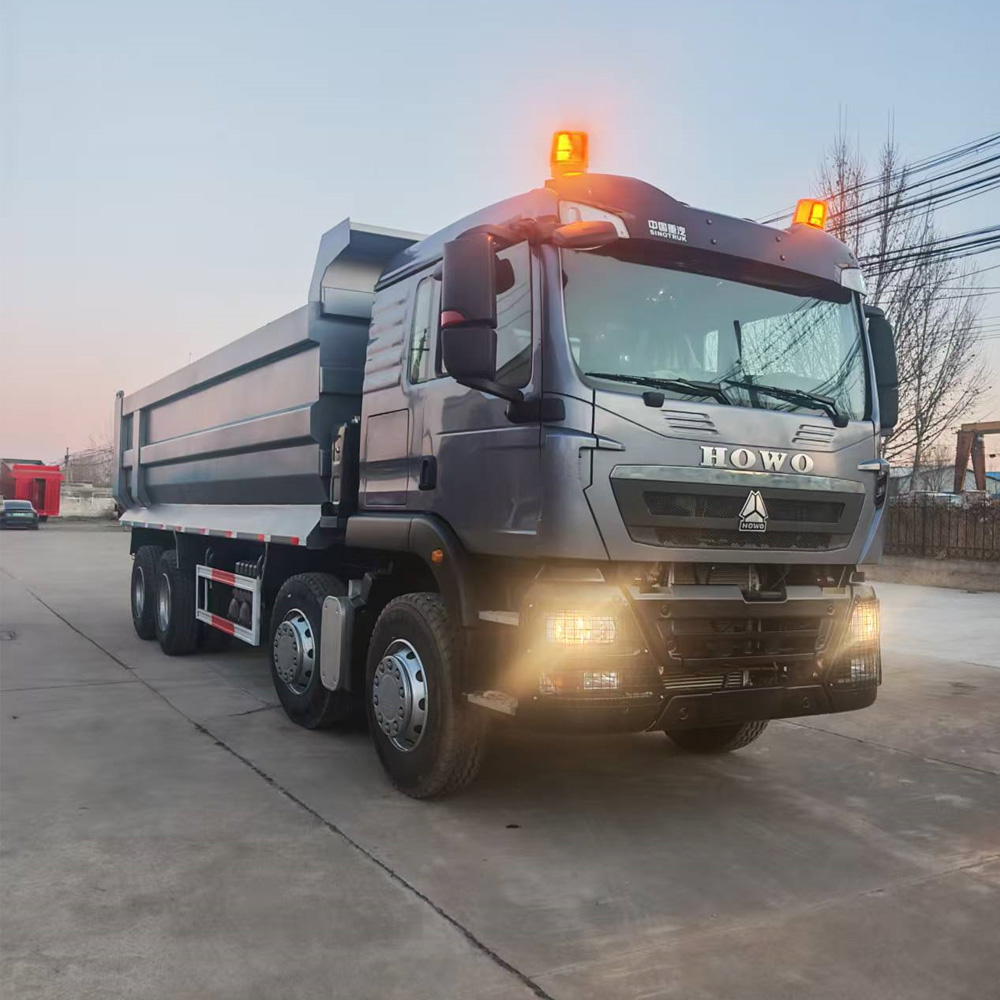In today's globalized economy, the efficient movement of goods is crucial for businesses across various industries. To facilitate the transportation of freight, a wide range of vehicles are utilized. In this blog post, we will delve into the world of freight carriers, exploring their types, functionalities, and the pivotal role they play in the logistics industry.
- Understanding Freight Carriers:
Freight carriers, also known as freight transportation vehicles, are specialized vehicles designed to transport goods from one location to another. These vehicles are specifically tailored to meet the diverse needs of different industries, ensuring the safe and timely delivery of freight. - Types of Freight Carriers:
a) Trucks: The most common and versatile type of freight carrier, trucks come in various sizes and configurations, including semi-trailers, flatbeds, and refrigerated trucks. They offer flexibility in terms of load capacity and can navigate both urban and rural areas efficiently.
b) Trains: Rail freight transportation is renowned for its ability to transport large volumes of goods over long distances. Trains are particularly suitable for transporting heavy and bulky items, such as raw materials and automobiles. They are cost-effective and environmentally friendly, reducing road congestion and emissions.
c) Ships: For international trade and long-distance transportation, ships play a vital role. Cargo ships, container ships, and bulk carriers are used to transport goods across oceans and seas. These vessels have immense capacity, enabling the transportation of massive quantities of freight.
d) Airplanes: When speed is of the essence, air freight carriers come into play. Cargo planes are designed to transport time-sensitive and high-value goods, ensuring rapid delivery across continents. Although relatively expensive, air freight is indispensable for industries such as pharmaceuticals and perishable goods.
- Specialized Freight Carriers:
a) Tankers: Tanker trucks, trains, and ships are specifically designed to transport liquids, such as petroleum, chemicals, and food-grade products. These carriers have specialized containers or tanks to ensure the safe transportation of hazardous or perishable liquids.
b) Refrigerated Carriers: Also known as reefers, these carriers are equipped with temperature-controlled compartments, maintaining a specific temperature range to transport perishable goods like fruits, vegetables, and pharmaceuticals. Reefer trucks and containers are essential for preserving the quality and freshness of sensitive products.
c) Intermodal Freight Carriers: Intermodal transportation involves the use of multiple modes of transport, seamlessly transferring freight between trucks, trains, and ships. Intermodal freight carriers, such as container trucks and trains, facilitate the efficient movement of goods across different transportation networks.
Conclusion:
Freight carriers are the backbone of the logistics industry, enabling the smooth flow of goods across various sectors. Understanding the different types and functionalities of freight carriers is crucial for businesses to optimize their supply chains and ensure timely delivery. By leveraging the appropriate freight carrier, companies can enhance their operational efficiency, reduce costs, and meet customer expectations in an increasingly competitive market.

